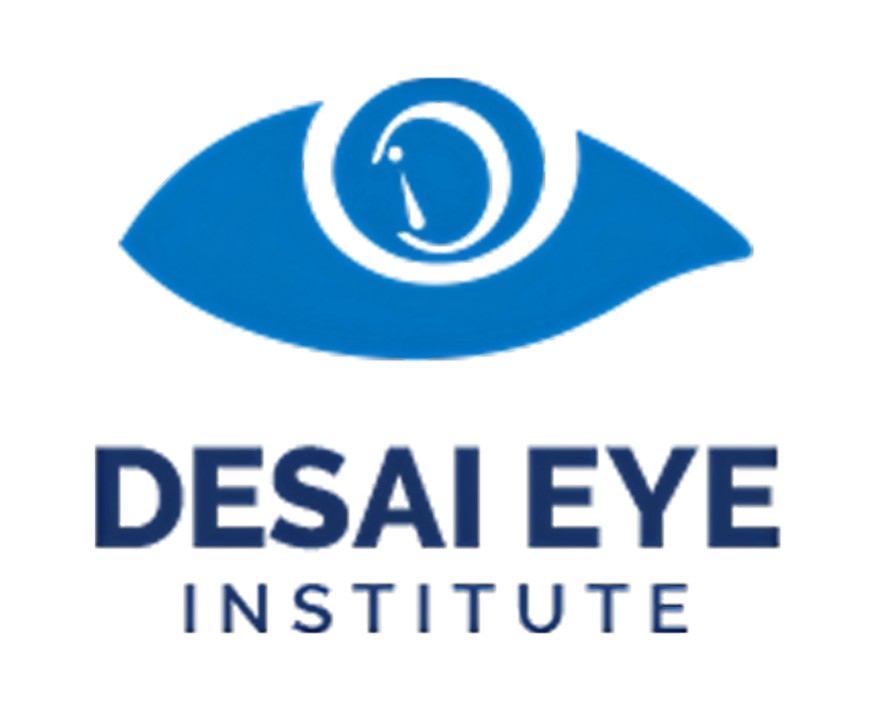Eye infections are common and can cause discomfort, irritation, and redness, often disrupting daily activities. Fortunately, with prompt treatment, many eye infections can be managed quickly. While 24 hours may not be enough to completely cure all types of eye infections, there are steps you can take to relieve symptoms and promote faster recovery. Here are some tips and treatments based on the latest findings.
1. Identify the Type of Infection
The first step in treatment is determining the type of eye infection. The most common types include:
- Conjunctivitis (Pink Eye): Caused by bacteria, viruses, or allergens, it leads to redness, itching, and discharge.
- Blepharitis: An infection of the eyelid margins, causing swelling, irritation, and crusting.
- Corneal Infections: These can cause pain, blurred vision, and sensitivity to light and usually require urgent medical attention.
If unsure about the type of infection, consult a healthcare professional for a proper diagnosis.
2. Antibiotics for Bacterial Infections
For bacterial eye infections, such as bacterial conjunctivitis, antibiotic eye drops or ointments are commonly prescribed. Studies show that most bacterial infections start improving within 24 hours of starting antibiotic treatment. It’s crucial to complete the entire prescribed course, even if symptoms improve quickly, to prevent recurrence or resistance.
3. Viral Infections
Viral infections, like those caused by the adenovirus, may not have specific antiviral treatments. However, they typically resolve within 1-2 weeks. In the first 24 hours, applying warm compresses to the eyes and using lubricating eye drops can reduce irritation and help soothe the eye. Research suggests that antiviral medications are sometimes effective for severe cases, like herpes simplex virus infections.
4. Home Remedies
Some home remedies can provide quick relief:
- Warm Compress: Applying a clean, warm cloth to the affected eye for 5-10 minutes can ease discomfort and reduce swelling.
- Hydrating Drops: Artificial tears or lubricating eye drops can keep the eye moist and relieve dryness, especially in cases of allergic conjunctivitis or irritation from dust and pollen.
5. Hygiene and Precautions
Proper hygiene is critical to avoid worsening or spreading the infection. Wash your hands thoroughly before and after touching your eyes. Avoid rubbing your eyes, and dispose of tissues immediately. If wearing contact lenses, it’s best to switch to glasses until the infection has cleared.
6. Seek Professional Help
If symptoms persist or worsen after 24 hours, seek professional help. Severe or untreated infections can lead to complications, including vision problems.
Desai Eye Institute & Research Centre is committed to providing the highest quality care for all your eye health needs. Our experienced team of ophthalmologists and specialists utilizes advanced diagnostic tools and treatments to address eye infections promptly and effectively. With a focus on patient comfort and outcomes, we offer personalized care plans tailored to your unique condition. Whether you are experiencing an eye infection or need routine eye care, Desai Eye Institute and Research Centre is here to help you maintain optimal vision and eye health.


